Hello awesome people.
The goal of this article is informative, it's to share information from health experts, e.g. health experts from CDC (The United States Centers for Disease Control and Prevention), health experts from WHO (World Health Organisation).
I also encourage you to share your opinion about their claims.
What's your opinion about the current public health measures from The United States Centers for Disease Control and Prevention:
- Wear a mask. Everyone 2 years and older should wear masks in public.
Wear one disposable mask underneath a cloth mask that has multiple layers of fabric. The second mask should push the edges of the inner mask snugly against the face and beard.
- To practice social or physical distancing, stay at least 6 feet (about 2 arm lengths) from other people who are not from your household in both indoor and outdoor spaces.
- Get Vaccinated. You should get a COVID-19 vaccine when it is available to you.
- Avoid crowds and poorly ventilated spaces.
- Wash your hands often.
- Cover coughs and sneezes.
- Clean high touch surfaces daily.
- Be alert for symptoms. Watch for fever, cough, shortness of breath, or other symptoms of COVID-19. CDC recommends that anyone with any signs or symptoms of COVID-19 get tested, regardless of vaccination status or prior infection.
- Isolate If You Are Sick.
What's your opinion about further measures that are on their way, e.g. contact tracing,
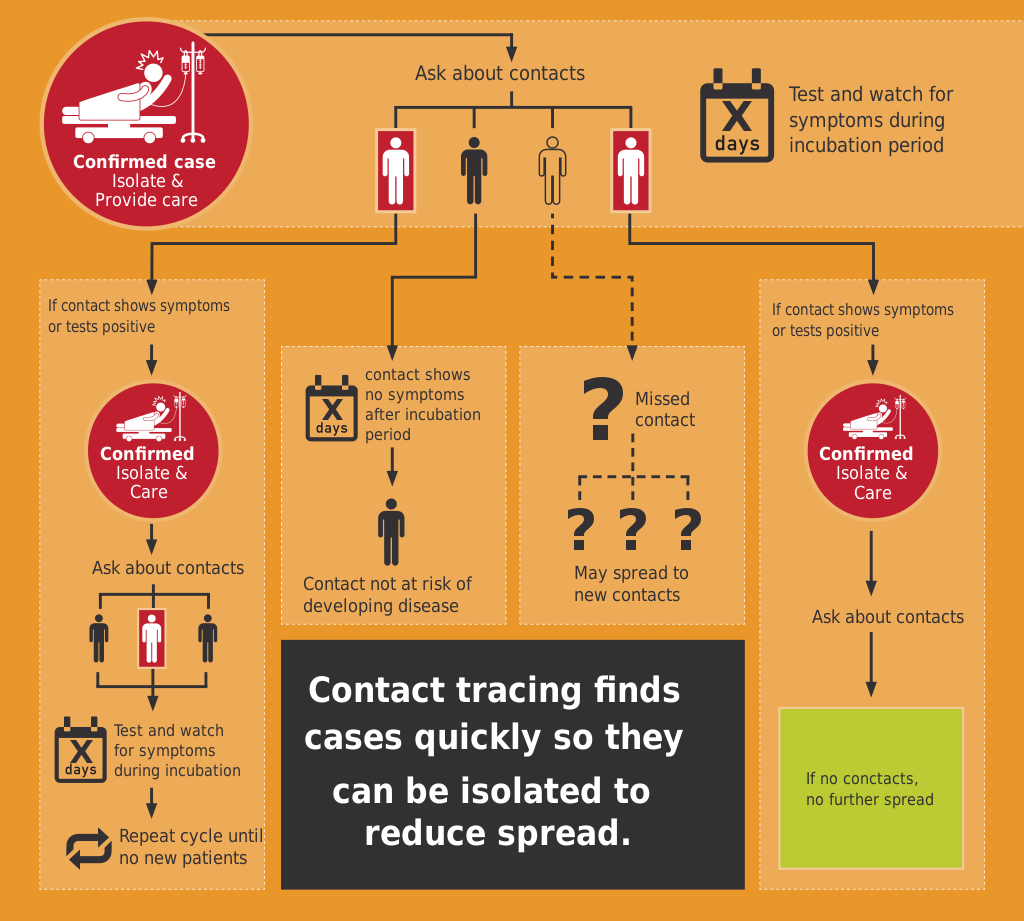
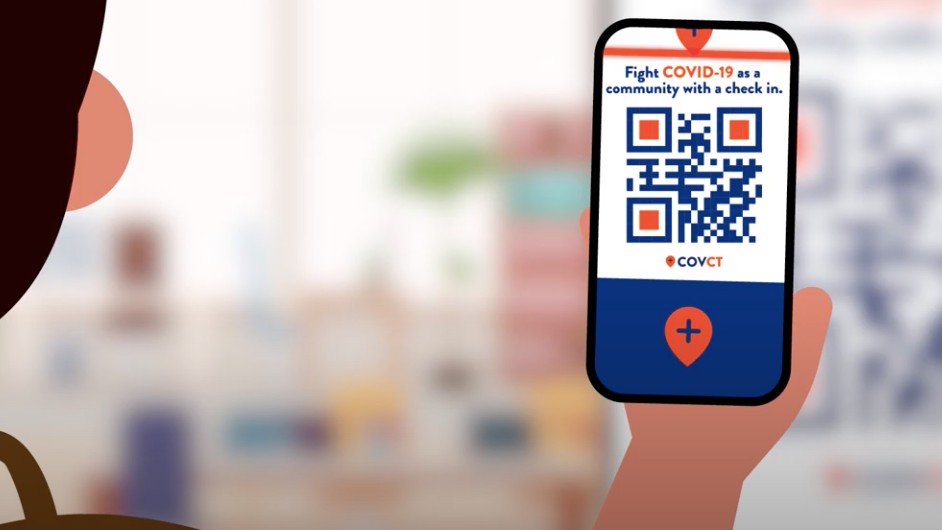
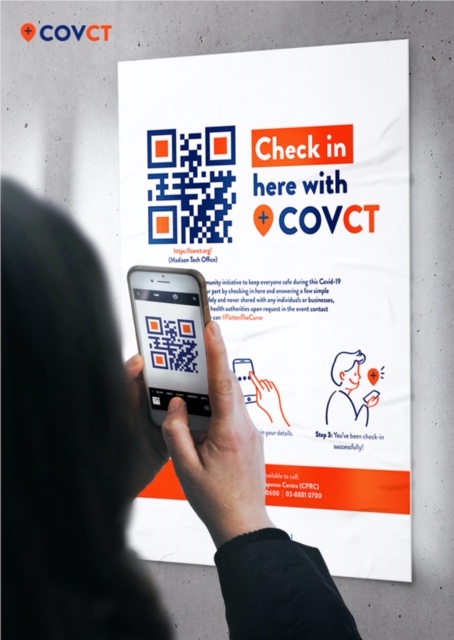
immunity passports?
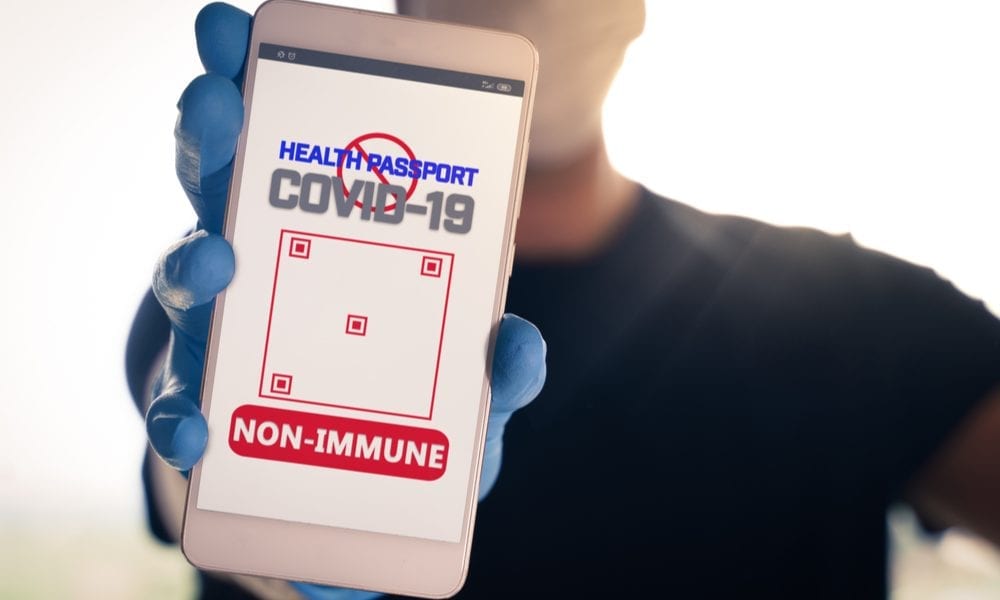
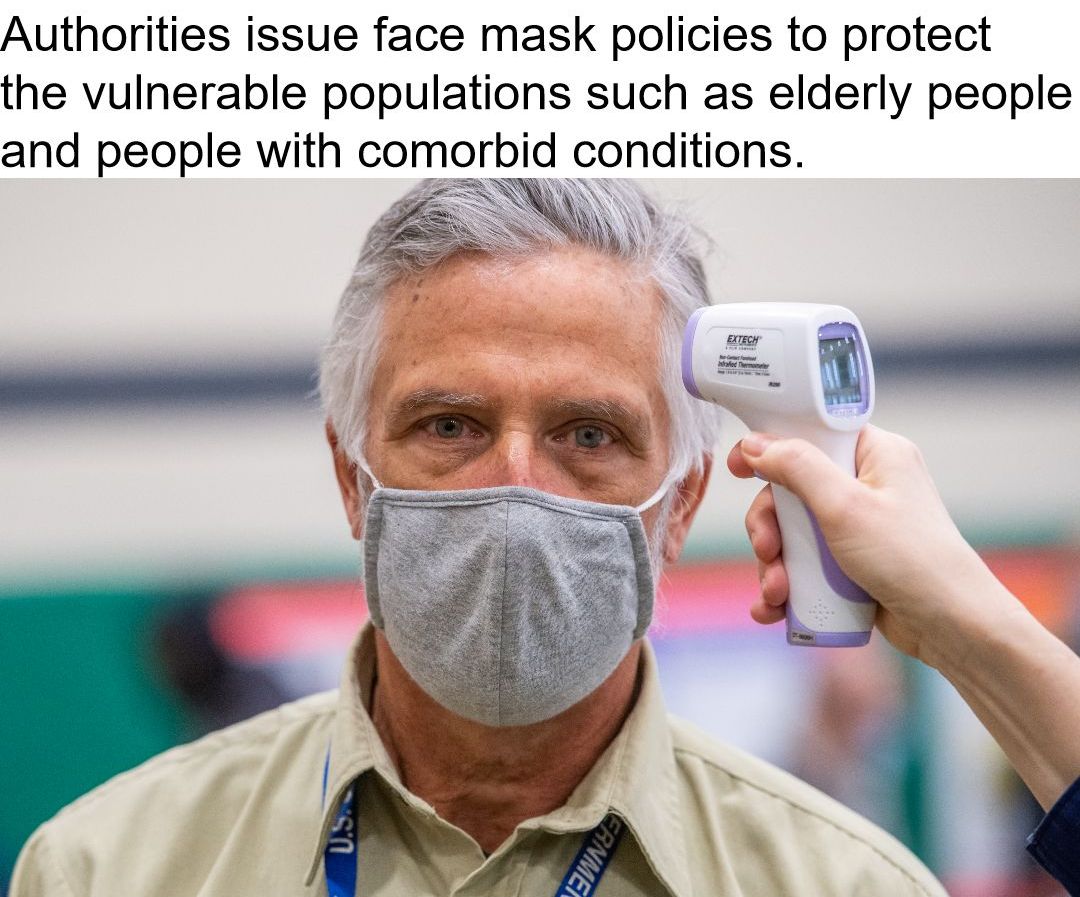
The CDC claims:
The following categories of people are exempt from the requirement to wear a mask:
- A child under the age of 2 years;
- A person with a disability who cannot wear a mask, or cannot safely wear a mask, for reasons related to the disability;
- A person for whom wearing a mask would create a risk to workplace health, safety, or job duty as determined by the workplace risk.
For those interested in protecting vulnerable populations, it’s good to know that face masks are contraindicated for large percentages of the population: the frail elderly people, those who had lung surgery, especially with partial resection or even the removal of a whole lung and people with lung diseases, such as asthma, chronic obstructive pulmonary disease (COPD), pulmonary fibrosis, lung cancer, emphysema or other respiratory disabilities because face masks can cause a severe worsening of lung function in those vulnerable populations.
If vulnerable populations are not able to wear a face mask, state, local government agencies and private businesses must consider reasonable modifications to face mask policy so that these populations can participate in, or benefit from, the programs offered or goods and services that are provided.
How many states and businesses consider vulnerable populations in their policies?
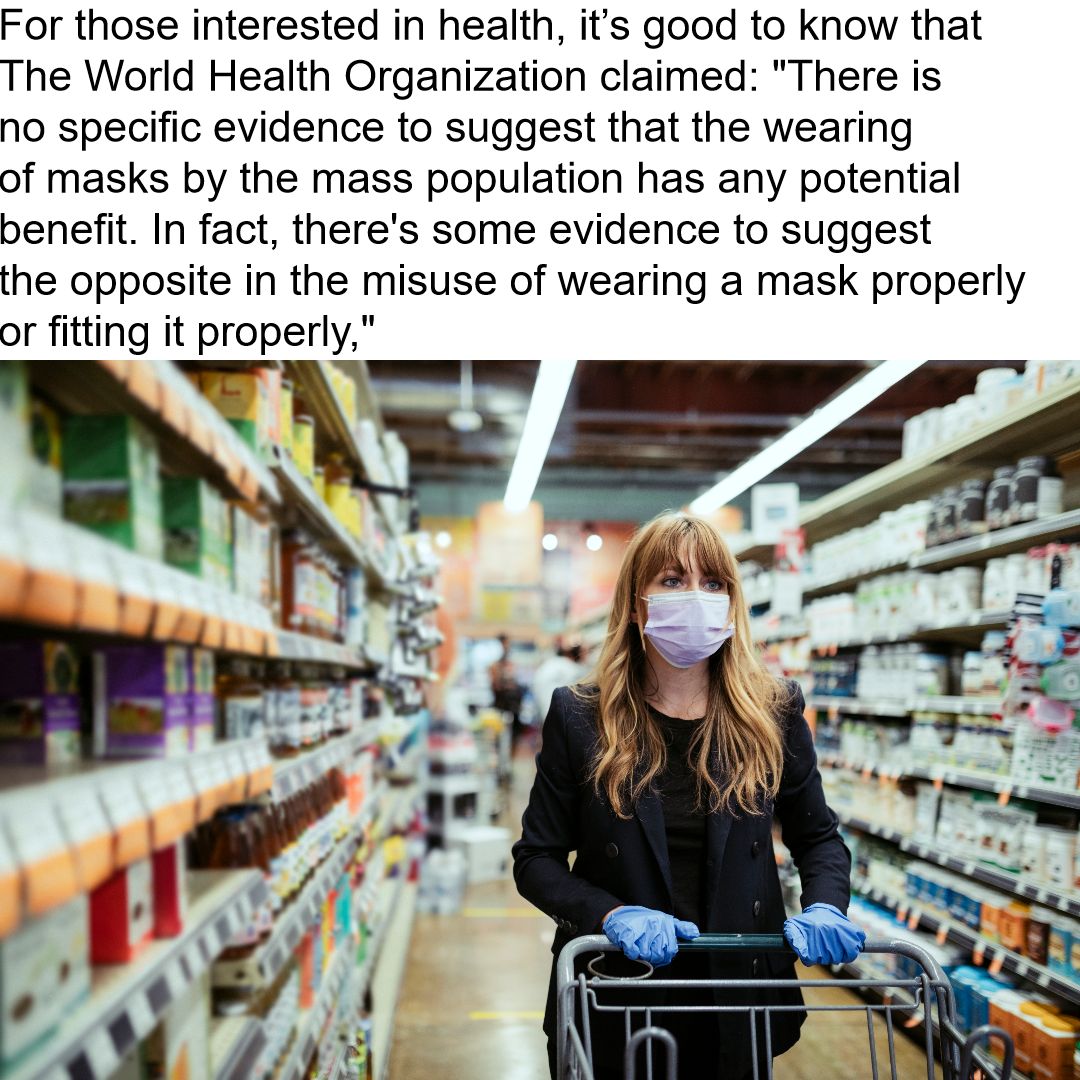
There is no specific evidence to suggest that the wearing of masks by the mass population has any potential benefit. In fact, there's some evidence to suggest the opposite in the misuse of wearing a mask properly or fitting it properly,"
Dr. Mike Ryan, executive director of the WHO health emergencies program, said at a media briefing in Geneva, Switzerland.
In other words, without correct use (correct selection of masks, correct wear, correct handling, correct sterility, correct disposal, and other management measures) people only increase their own and the community' risk of contracting infectious disease, including CoVID-19. We can all observe the countless examples in which people use face masks in an incorrect way.
If people use masks to decrease the risk and the way they use masks only increases their risks and those of others, what does this mean?
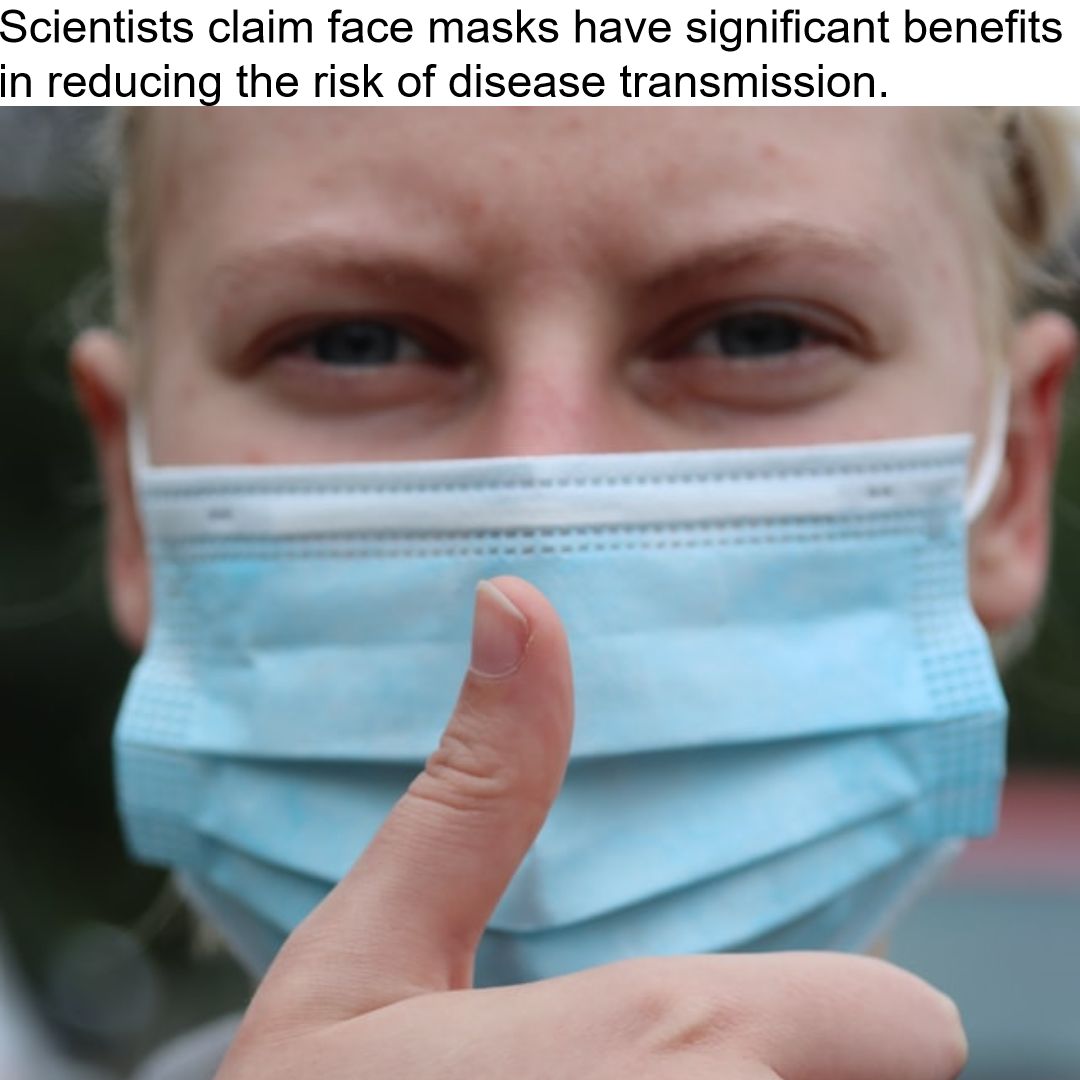
Making such claims without scientific evidence is dangerous, especially when these rules also have health risks.
If who health experts claimed there is no evidence for wearing of masks by the mass population, why are they claiming the opposite?
US Surgeon General Dr. Jerome Adams not only wants people to stop buying facemasks to prevent the novel coronavirus, but warns that you actually might increase your risk of infection if facemasks are not worn properly.
Before any global public health policy is implemented to billions of people, it’s important to weigh the health benefits and the health risks.
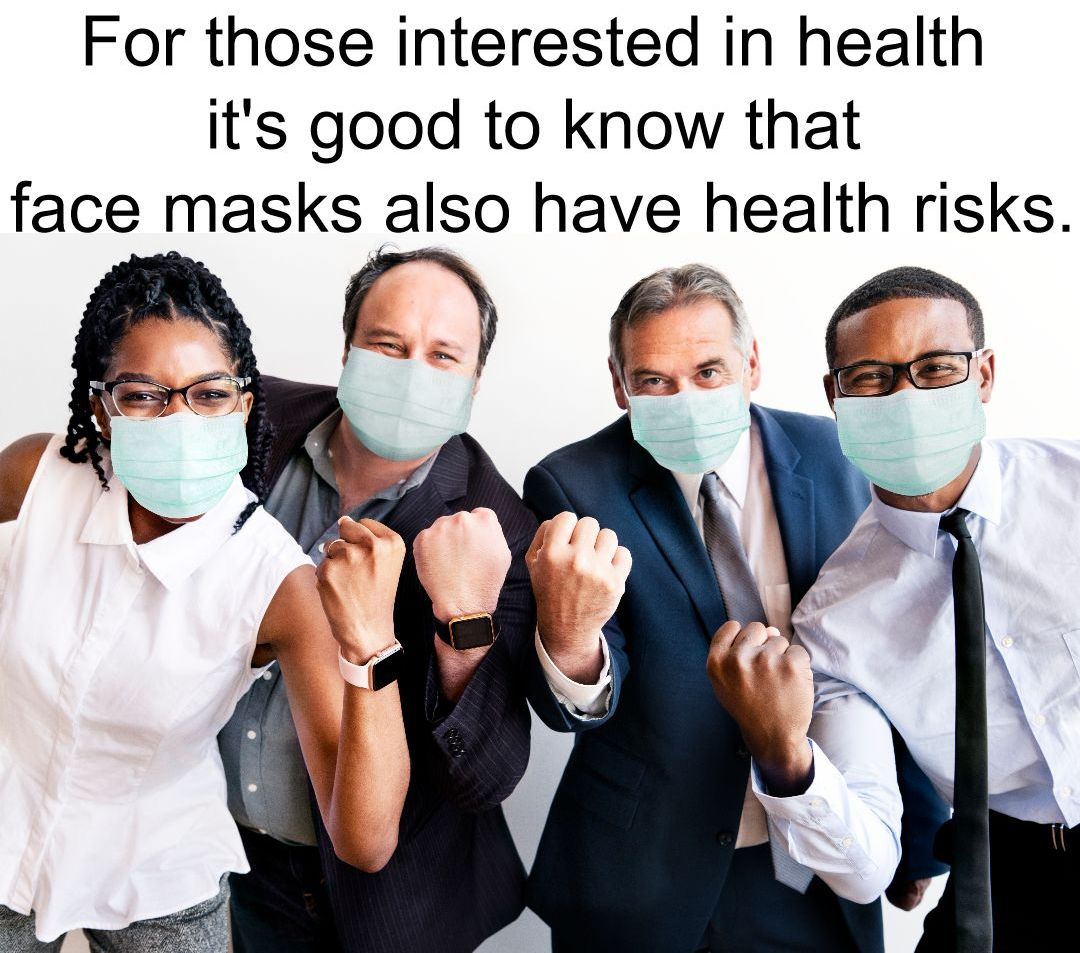
For those interested in health it's good to know that face masks also have health risks.
If experts claim there is no significant benefit to wearing masks and masks also have health risks,
- Why do we have mandatory masks for stores, and other closed spaces?
- Why do some areas have mask mandates for public spaces?
- Why is the CDC recommending mask wearing?
- Why do some employers require healthy employees to wear masks up to 8 hours/day?
What's your opinion about these ambiguities?
What's your opinion about these inconsistencies?
If even masks recommendations are inconsistent, why would other recommendations (e.g. vaccines that imply even more health risks) be any better?
If the current rules that reduce our freedom have inconsistencies, why would further rules be any better?
If the current rules reduce our freedom without a reason, what can we say about further rules?
If there's no evidence to suggest that the wearing of masks by the mass population has any benefit, why are there policies that mandate masks?
If there's no reason to reduce our freedom to breathe fresh air, why is our freedom reduced?
If our freedom is reduced without a reason, where are we heading?
If freedom is part of your interests and our freedom is reduced without a reason, what are we doing about it?
If you believe rules that reduce our freedom without reason are an example of injustice, you can read an article about justice.
This article is part of a book.
See you in the next article. Until then, in the comment section you can share your opinion for the questions of this article. Thanks so much for reading. Have a great day.
Resources:
Current public health measures: 1, 2, 3, 4, 5, 6
Further public health measures: 1, 2, 3, 4
Vulnerable populations: 1, 2, 3
Correct use: 1, 2, 3, 4, 5, 6, 7, 8, 9,
Health benefits: 1, 2, 3
Health risks: 1, 2, 3, 4, 5, 6, 7, 8

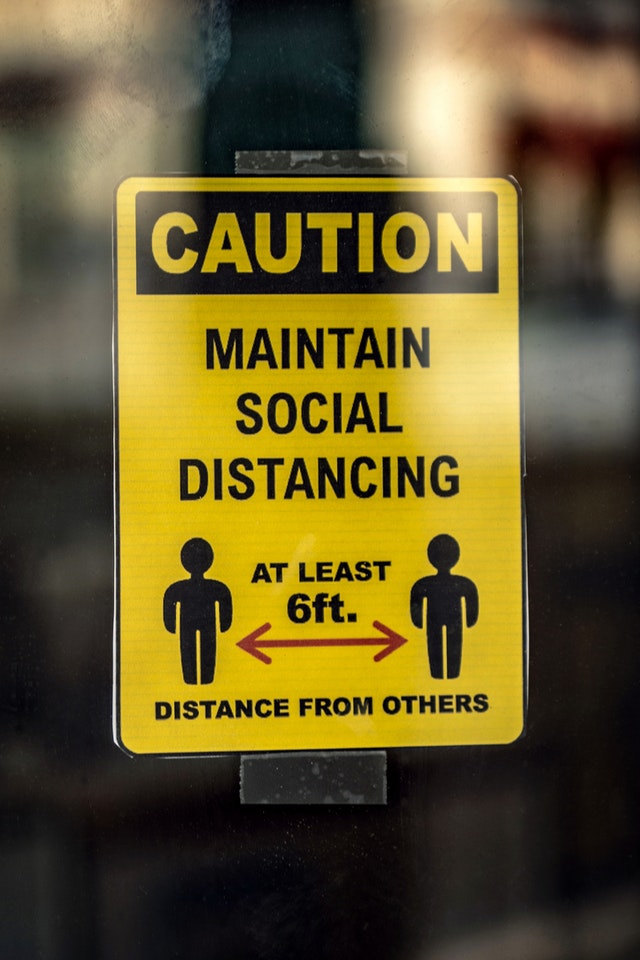
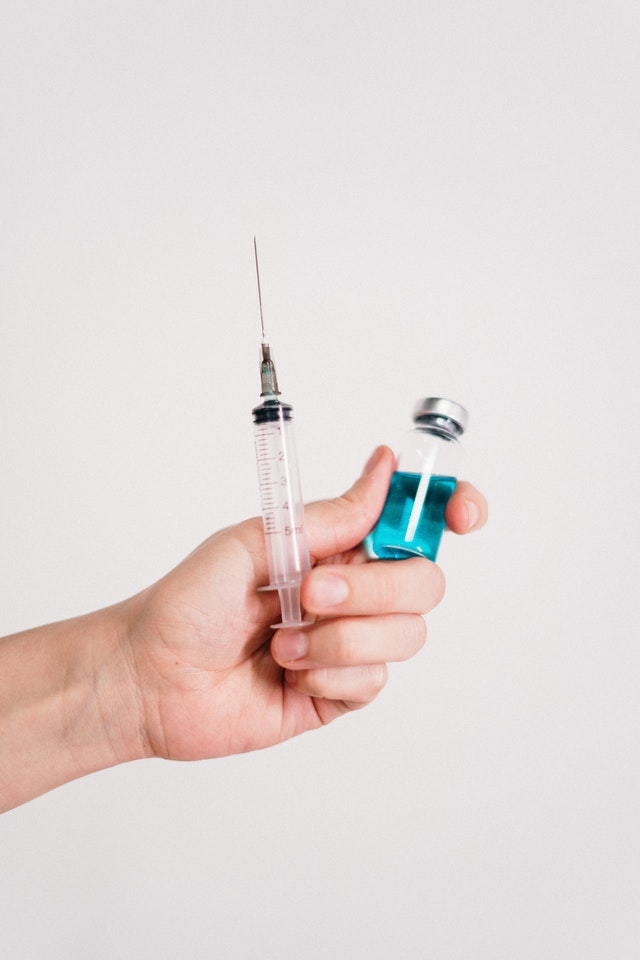

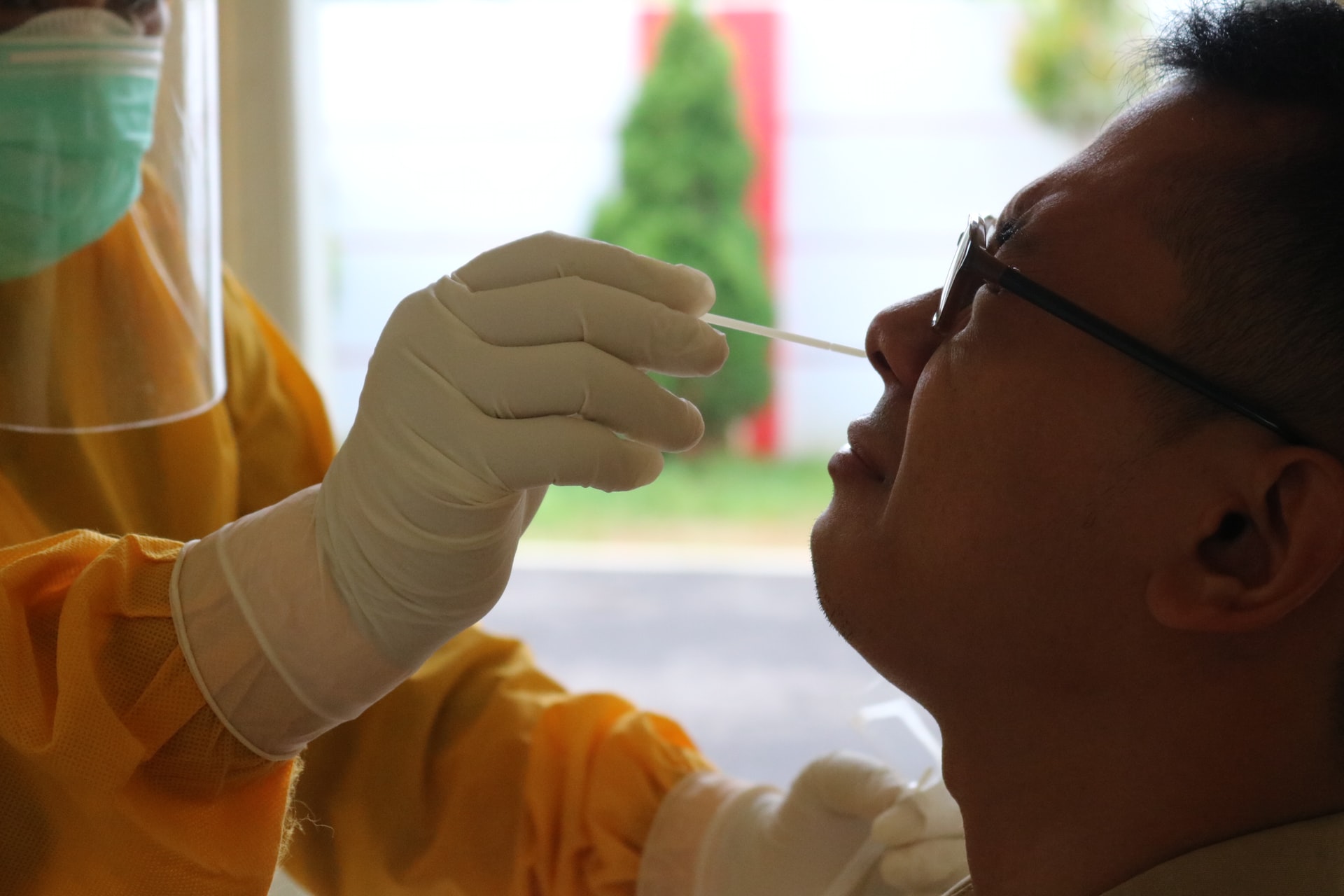
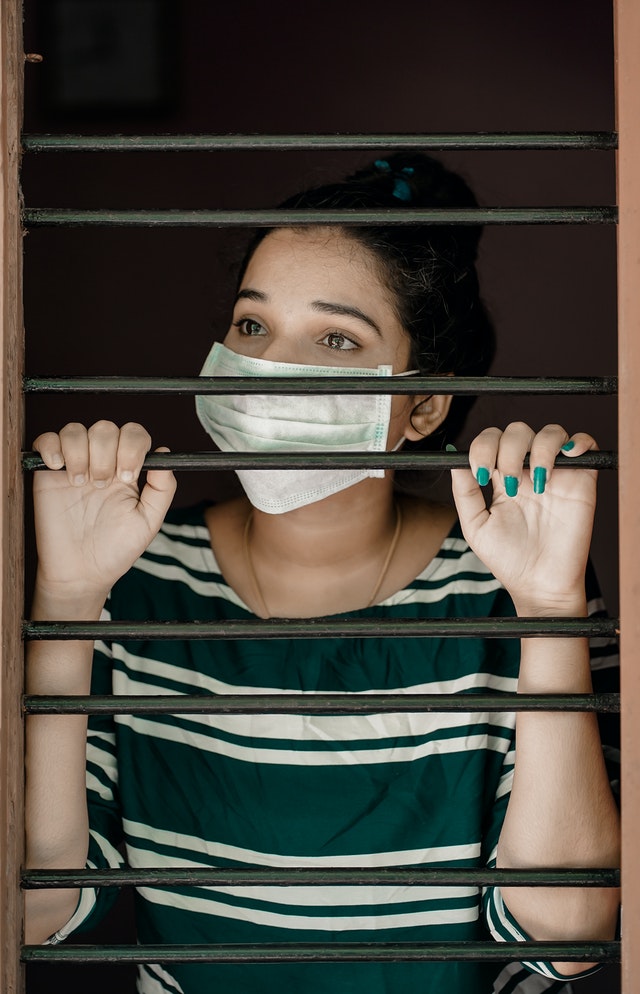
https://tubitv.com/movies/592415/interreflections?start=true

https://tubitv.com/movies/592415/interreflections?start=true